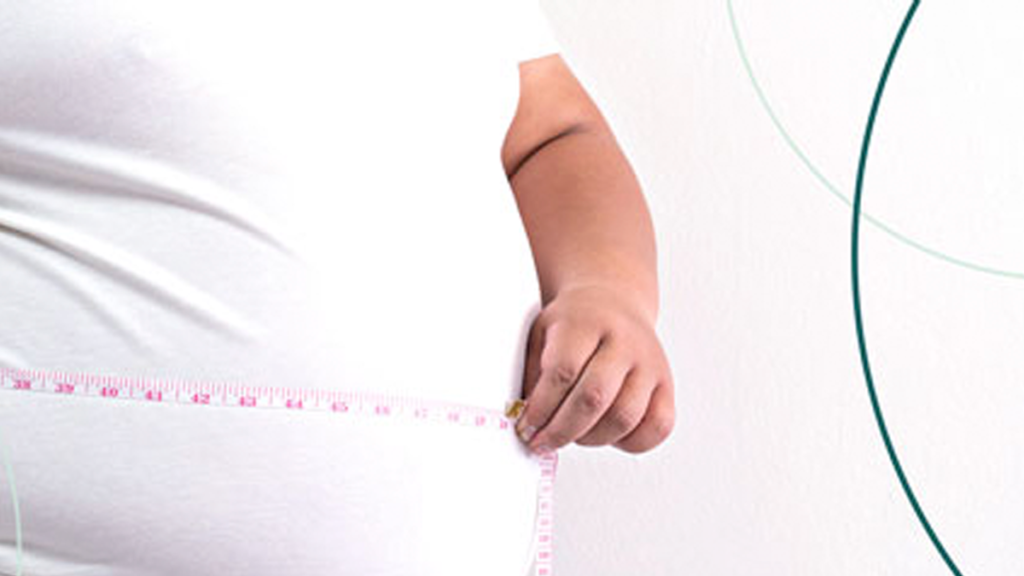
Obesity is a complex disease that is not caused by one single issue. Many things factor into the equation that leads an individual to gain weight to the point of threatening their health, such as the environment they grew up in, underlying medical conditions that prevent them from maintaining a healthy weight, or sedentary lifestyles. Whichever the reason may be, obesity has become a global problem that affects millions of people of varying ages.
Obesity affects everyone around the world with data suggesting that “the number of obese people in the world has tripled since 1975 to roughly 30% of the total population”[1], and this number continues to rise.
Just as there are many causes for obesity, there are also many consequences that may arise if a person is battling with extra weight. This disorder is one of the leading causes of death because it dramatically decreases a person’s life expectancy. Obesity puts people at higher risk for several diseases or illnesses, such as: diabetes, heart disease, osteoarthritis, sleep apnea, strokes, and high blood pressure.
However, there is evidence that shows that obesity affects men and women differently, and this article will focus on women’s health and obesity, as well as the ways that this condition impacts their life and well-being. Patients from all different backgrounds arrive at LIMARP® because they’re looking to improve their quality of life and embark on a healthier path. Our multidisciplinary team, led by Dr. Liza María Pompa González, offers different health services to help you reach your weight goals and beat obesity: from diet and exercise plans, to psychological guidance and surgical intervention.
Obesity impacts everyone in a different way and the comorbidities that come along with it can vary from woman to woman, but we still recommend that you talk with your doctor if you start developing any symptoms that are affecting your overall health.
How Obesity Affects Women
It’s no secret that medicine has long prioritized[2] men’s health, from using their condition as a sole example for medical research to discarding or misdiagnosing whatever women were going through as hysteria. It wasn’t until the 20th century that women began a political movement in order to gain equal health care, especially when it came to their reproductive rights; this movement was also important when it came to studying how different illnesses and conditions affect men and women differently.
According to Physician’s Weekly[3], “the proportion of men and women with excess weight is about equal, the severity is different”, given that more men are overweight, while more women tend to have severe obesity.
Both can bring serious complications, but obesity does put women’s health at a greater risk. We’ve covered in other articles how obesity can increase a woman’s chance of developing breast cancer, it can make them lose their period, and negatively impact their mental health.
This last point can be due to the fact that obesity gives way to more social stigmatization and people tend to be harsher to women who are obese or overweight. Research[4] has shown that “men tend to report considerable weight discrimination around a BMI of 35 or higher, while women experience a notable increase at a BMI of just 27”. This discrimination can worsen a woman’s mental health, especially if they’re already dealing with depression or anxiety, thus hindering their productivity and motivation, leading them to a sedentary lifestyle and unhealthy choices.
If a woman’s obesity goes untreated, it can increase their risk of diabetes and coronary artery disease (CAD). Some studies[5] have found that “abdominal obesity may be more harmful in women than BMI or weight alone, since waist circumference is an independent risk factor for developing CAD”. Obesity can also affect other aspects of women’s health, such as contraception and fertility, and this can be seen from an early age with research[6] pointing that “obese girls frequently experience the onset of puberty at a younger age than their normal-weight peers”.
A woman’s pregnancy outcomes are negatively affected by maternal obesity because there’s an “increase in neonatal mortality and malformations” [7]. Women may also see decreases in different areas when it comes to breastfeeding, since they are at greater risk of a delay in milk production and there is also evidence that “excess body fat may impair mammary gland development before conception and during pregnancy by hormonal and metabolic effects” [8].
Contact Us to Learn More
If you want more about the link between women’s health and obesity, schedule an appointment with one of our doctors. We can help determine the right treatment for you. Contact us online anytime or give us a call at (619) 373-0229.
References
- [1] “Most Obese Countries 2022”. https://worldpopulationreview.com/country-rankings/most-obese-countries. (Accessed September 22, 2022).
- [2] “The gender pain gap: perceptions of women’s health through history”. https://www.historyextra.com/period/general-history/gender-pain-gap-history-womens-health/. (Accessed September 22, 2022).
- [3] “Sparking Positive Dialogue in Women & Men With Obesity”. https://www.physiciansweekly.com/how-obesity-affects-women-and-men-differently. (Accessed September 22, 2022).
- [4] Flint SW, Čadek M, Codreanu SC, Ivić V, Zomer C, Gomoiu A. Obesity Discrimination in the Recruitment Process: “You’re Not Hired!”. Front Psychol. 2016 May 3;7:647. doi: 10.3389/fpsyg.2016.00647. PMID: 27199869; PMCID: PMC4853419.
- [5] Weiss AM. Cardiovascular disease in women. Prim Care. 2009 Mar;36(1):73-102, viii. doi: 10.1016/j.pop.2008.10.012. PMID: 19231603.
- [6] Lash MM, Armstrong A. Impact of obesity on women’s health. Fertil Steril. 2009 May;91(5):1712-6. doi: 10.1016/j.fertnstert.2008.02.141. Epub 2008 Apr 14. PMID: 18410940.
- [7] Kulie T, Slattengren A, Redmer J, Counts H, Eglash A, Schrager S. Obesity and women’s health: an evidence-based review. J Am Board Fam Med. 2011 Jan-Feb;24(1):75-85. doi: 10.3122/jabfm.2011.01.100076. PMID: 21209347.
- [8] Liu J, Smith MG, Dobre MA, Ferguson JE. Maternal obesity and breast-feeding practices among white and black women. Obesity (Silver Spring). 2010 Jan;18(1):175-82. doi: 10.1038/oby.2009.182. Epub 2009 Jun 11. PMID: 19521347.


